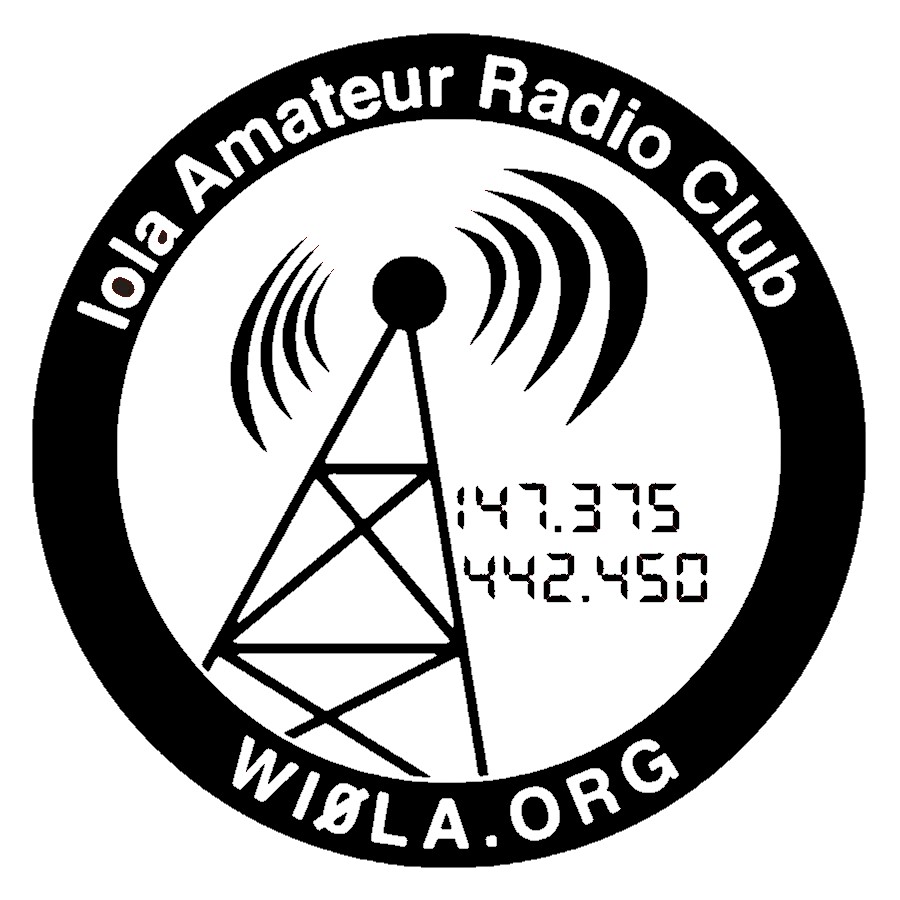The Steppingstones of Amateur Radio
Amateur Radio is divided into three classes: Technician, General, and Extra. From time to time, you may hear reference to additional classes (Novice, Advanced, etc.), but these are older classes leftover from restructuring days gone by and no longer available, however through “grandfathering”, are still active licenses. Each class holds different operating privileges which increase in relation to each class. And with that, each license class exam becomes slightly more difficult the higher in class you go. You can climb as high as you wish on the Amateur Radio ladder. Lots of operators get their Technician class license, also known as a “ham ticket”, and remain completely at home there. Others decide to move on up the ladder. For some, reaching the Extra class license is the ultimate goal. How high up the ladder you go is your choice. Just know that we are here to help you reach whichever level you choose. For more information regarding testing, visit the Testing page.
Technician Class License
The Technician class license is the introductory license. With a Technician class license, you will have all ham radio privileges above 30 MHz, including the very popular 2-meter band as well as operating privileges up into the microwave bands (no cooking involved). This license class allows you to operate FM voice, digital packet (computers), television (Amateur Television or ATV), single-sideband voice and several other interesting modes. By using relatively simple station equipment, including a small 2-meter handheld radio, you can even make international radio contacts via satellites. And with recent changes, Technician licensees now also have additional privileges on certain HF (“shortwave”) frequencies. Technicians now can operate on the 80-, 40- and 15-meter bands using CW (Morse code), and on the 10-meter band using CW (Morse code), voice and digital modes. The Technician class exam, known as Element 2, consists of a 35-question multiple choice exam.
General Class License
The General class license is the next step on the Amateur Radio journey, opening up the world of HF (“shortwave”) radio communications. The General class license gives the operator the ability to operate on portions of all the Amateur Radio HF bands (160- to 10-meters) as well as the entire range of operating modes (CW, digital, single-sideband, etc.). To upgrade to the General class license, you need to currently hold or have recently passed the Technician class license exam and pass the 35-question Element 3 General class exam.
Extra Class License
At the top of the Amateur radio ladder is the Extra class license. This license is the ultimate goal for some operators. As each solar cycle approaches their peak, the bands become more crowded. Want some more room to spread your radio wings? The Extra class license is the answer. This license class opens up all privileges, frequencies, and modes of the Amateur radio bands, often referred as “DC-to-Daylight”! To become an Extra class licensee, you will have needed to pass both the Technician and General class exams (both Element 2 and Element 3) and pass a larger 50-question Element 4 Extra exam. This exam focuses on some of the more obscure regulations as well as specialized operating practices, advanced electronics theory and radio equipment design. This exam is the most difficult of the three, but don’t let that deter you. The benefits can be well worth it.
Quick Information
We meet the second Tuesday of every month at 7:00 pm at the Colony Christian Church in Colony Kansas. Visitors of all ages welcome.
We conduct testing for all Amateur Radio license classes by prior arrangement. Connect with us via the Contact page or contact any of our club officers to arrange time and place.
